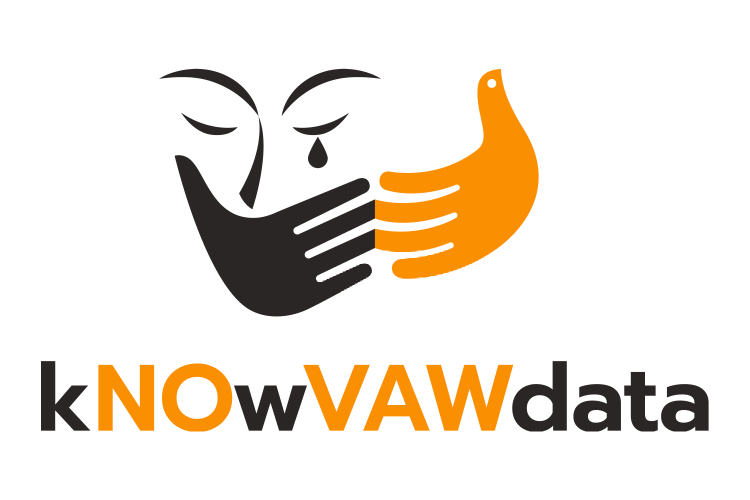Knowledge Hub

The Knowledge Hub provides links to resources supporting the measurement of violence against women and has been funded under the Pacific Spotlight Initiative. While starting with a primary focus on Pacific resources and global resources which are applicable for the Pacific region, the Knowledge Hub will continue under the UNFPA kNOwVAWdata initiative to support global knowledge exchange and a strong community of practice. The strength of this Knowledge Hub is the opportunity to share resources and support all regions of the globe.
If you would like to share links to be added to the Knowledge Hub, please send them to knowvaw-program@unimelb.edu.au.
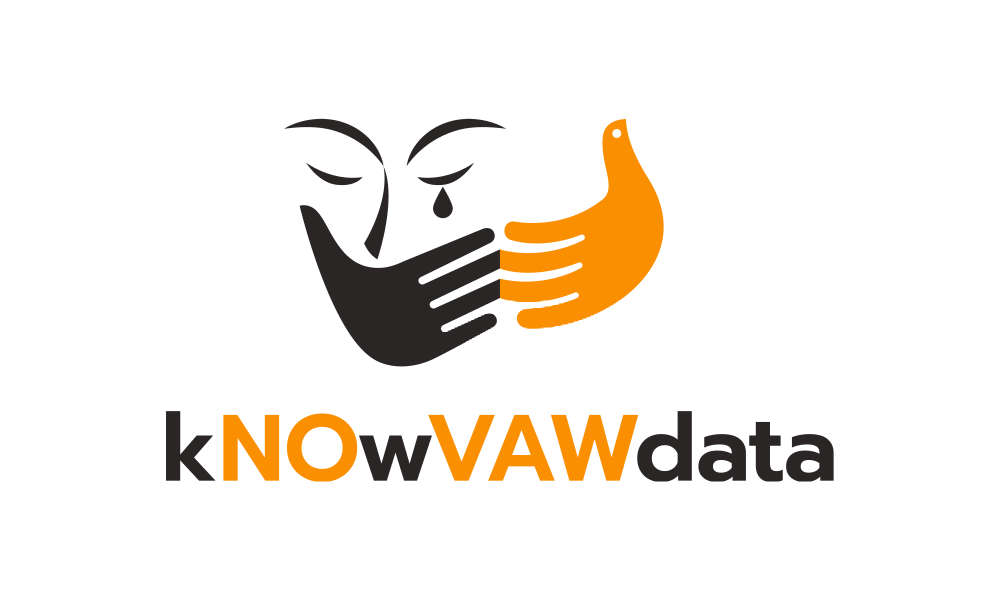
The World’s Women 2015: Trends and Statistics
This sixth edition of The World’s Women: Trends and Statistics provides the latest statistics and analysis on the status of women and men at global and regional levels and reviews the progress towards gender equality over the last 20 years. The eight chapters of the report cover several broad policy areas identified in the 1995 Beijing Platform for Action, the framework that set the international agenda for improving the status of women. These areas include population and families, health,...
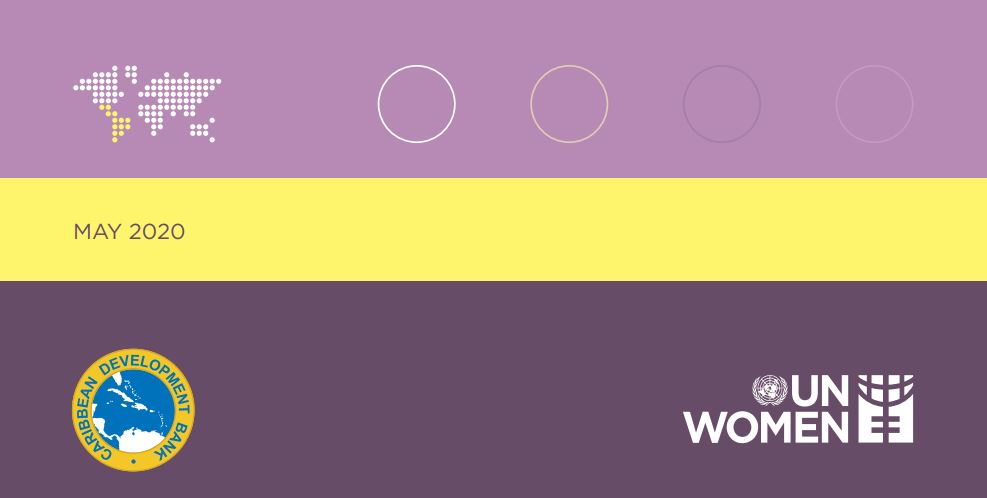
Intimate Partner Violence in Five CARICOM Countries: Findings from National Prevalence Surveys on Violence Against Women (Research Brief)
This research brief focuses on the prevalence of intimate partner violence (IPV) for each of the five countries where data was collected – both lifetime and current prevalence rates of IPV. The focus is on IPV because it is one of the most common types of VAWG. This brief also focuses on the causes and consequences of IPV, including risk factors associated with physical and/or sexual IPV at both the national and regional levels.
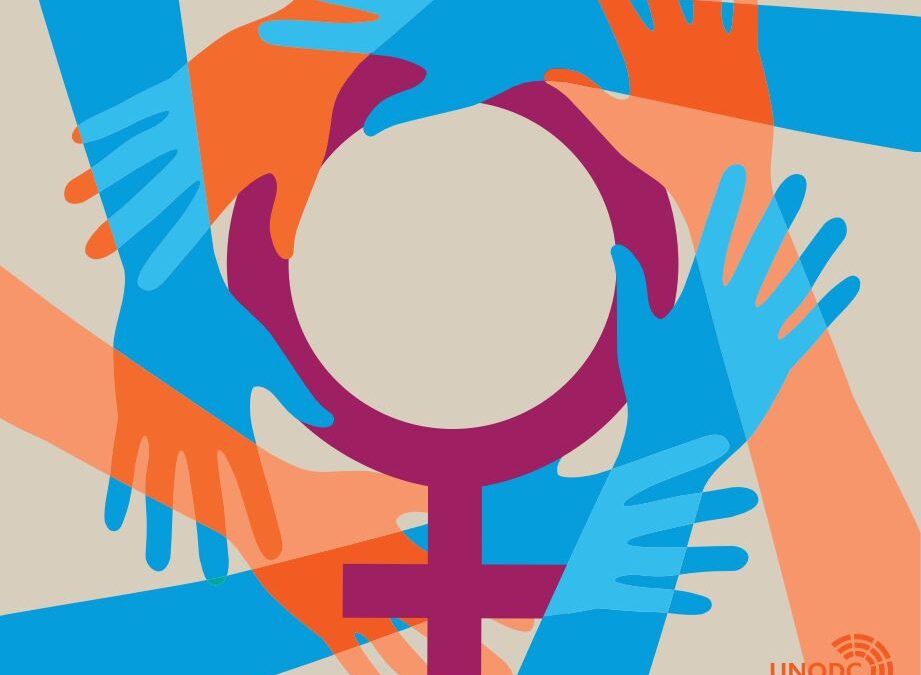
Gender-related killings of women and girls: Improving data to improve responses to femicide/feminicide
With the aim of galvanizing global action against this all-too-pervasive crime, UNODC and UN Women have joined forces to produce this research paper on the global estimates of gender-related killings of women and girls in the private sphere in 2021. This paper features policy recommendations to support comprehensive and multisectoral approaches to prevent and address gender-related killings and other forms of gender-based violence against women and girls.
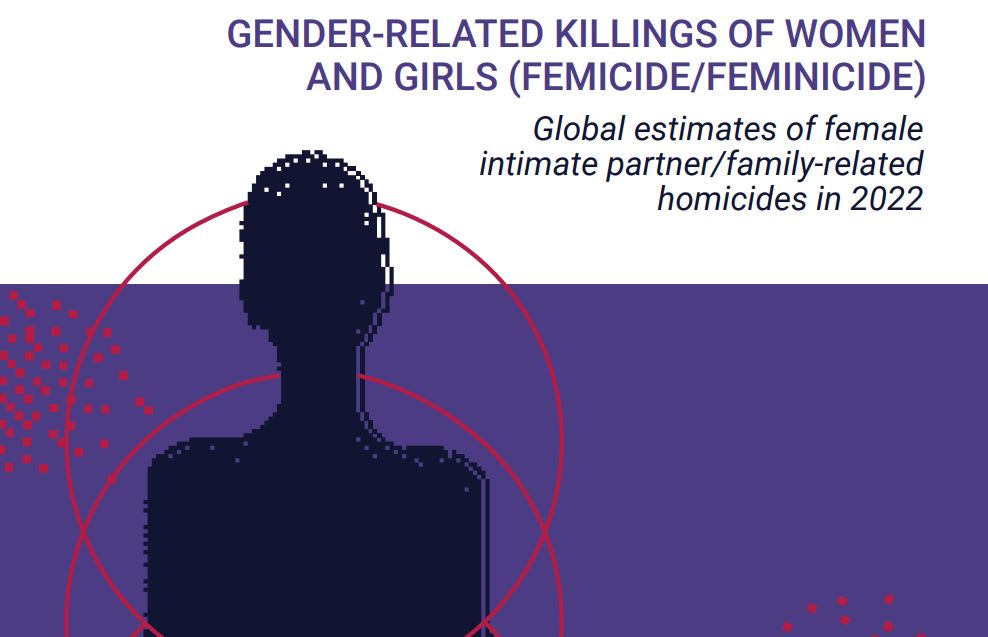
Gender-related Killings of Women and Girls (Femicide/Feminicide): Global estimates of female intimate partner/family-related homicides in 2022
With the aim of galvanizing global action against this crime, the UN Office on Drugs and Crime and UN Women are publishing this second joint publication with global estimates of gender-related killings of women and girls by an intimate partner or family member, with data from 2022. This publication features policy recommendations to prevent gender-related killings, including through risk assessments and protective measures, the establishment of femicide observatories, the criminalization of...

Violence Against Women Prevalence Estimates, 2018
This report is based on an analysis of available prevalence data from surveys and studies conducted between 2000 and 2018, obtained through a systematic and comprehensive review of all available data on the prevalence of these two forms of violence against women.

Conducting a national study on the prevalence of violence against women: Lessons learned in Mongolia
This document aims to help other program and project coordinators and researchers undertaking violence against women prevalence surveys to anticipate and address some of the challenges they may face. It contains lessons learned gathered after completing the Mongolia study and launching the results.
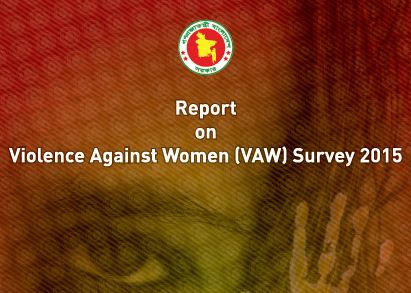
Bangladesh Violence Against Women Survey 2015
The Bangladesh Bureau of Statistics has conducted the second round of the VAW survey in 2015. The main objective of the survey is to generate official statistics on the prevalence of different forms of violence against women.
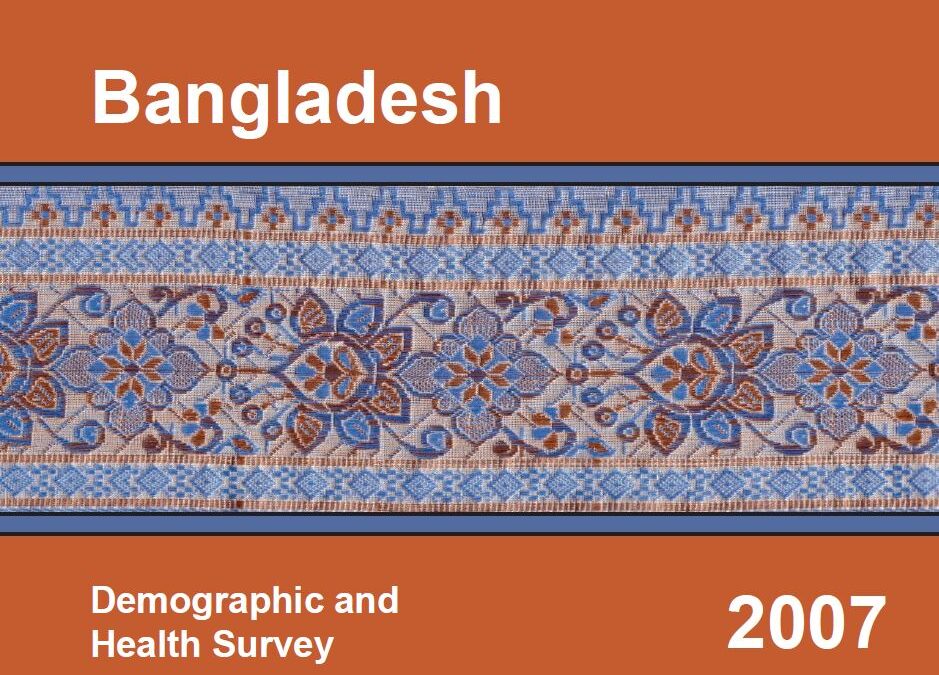
Bangladesh Demographic and Health Survey 2007
National Institute of Population Research and Training (NIPORT) Dhaka, Bangladesh
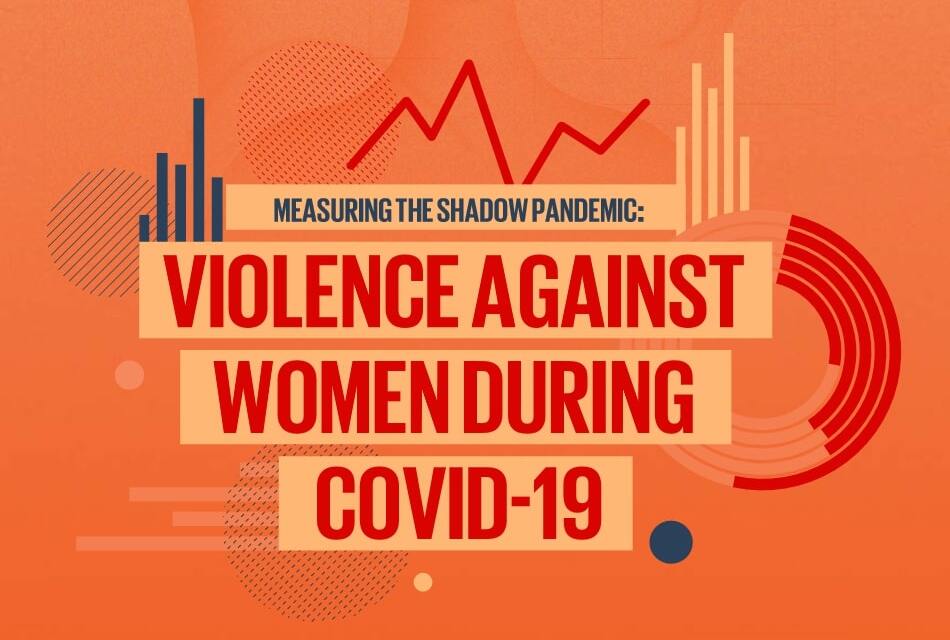
Measuring the shadow pandemic: Violence against women during COVID-19
This publication compiles and analyses the results of Rapid Gender Assessment surveys on the impact of COVID-19 on violence against women (VAW RGAs) in 13 countries.

Due Diligence and State Responsibility to End Violence Against Women: Standards, Indicators and Good Practices
The Due Diligence and State Responsibility to Eliminate Violence against Women: Standards, Indicators and Good Practices project is a research-advocacy project that is collecting good practices and State actions in the formulation, implementation and enforcement of policies, laws, procedures and processes in relation to violence against women.
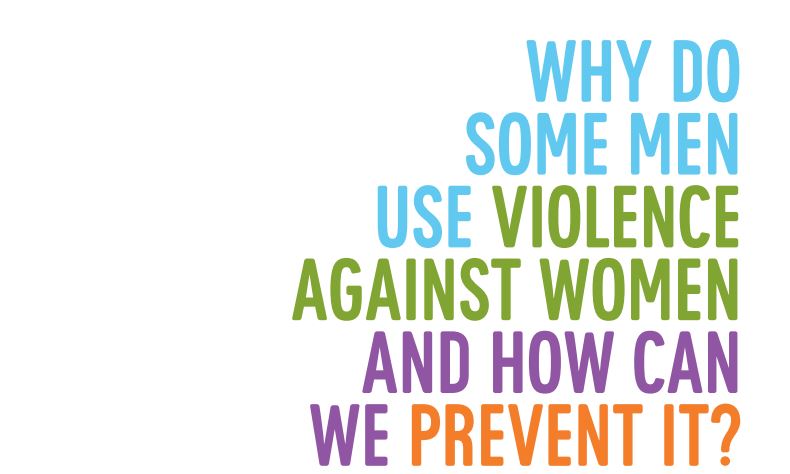
UN Multi Country Study on Men and Violence
A UN study of 10,000 men in Asia and the Pacific found that overall nearly half of those men interviewed reported using physical and/or sexual violence against a female partner, ranging from 26 percent to 80 percent across the sites studied.
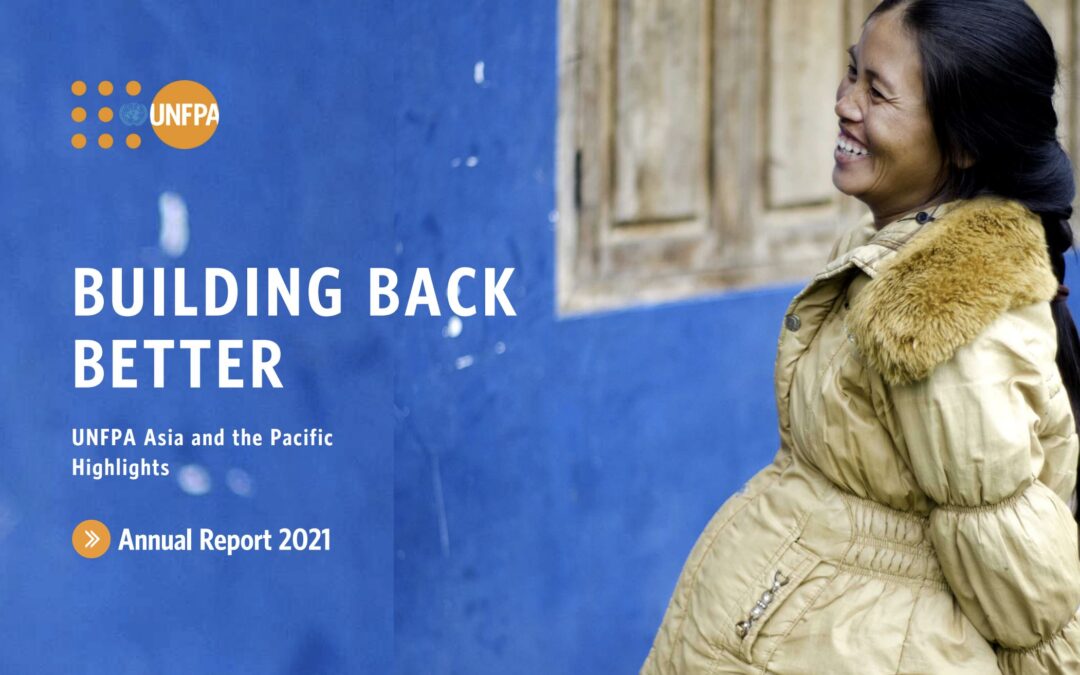
Annual Report 2021: UNFPA Asia and the Pacific
UNFPA across Asia and the Pacific outlining progress towards our transformative results of zero maternal deaths, zero unmet need for family planning, and zero gender-based violence and harmful practices against girls and women.

Prevalence Rates, Trends and Disparities in Intimate Partner Violence: Power of Data in the IPV Geospatial Dashboard
A dashboard of IPV that features "levels, trends and sociodemographic and geographic, within and across countries, disparities in intimate partner violence in the past 12 months among ever-partnered women."
